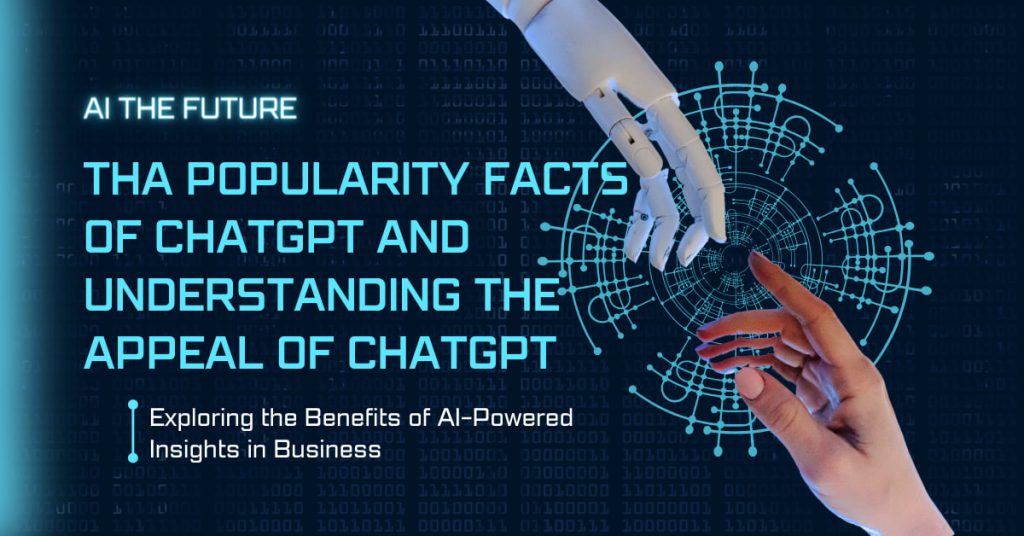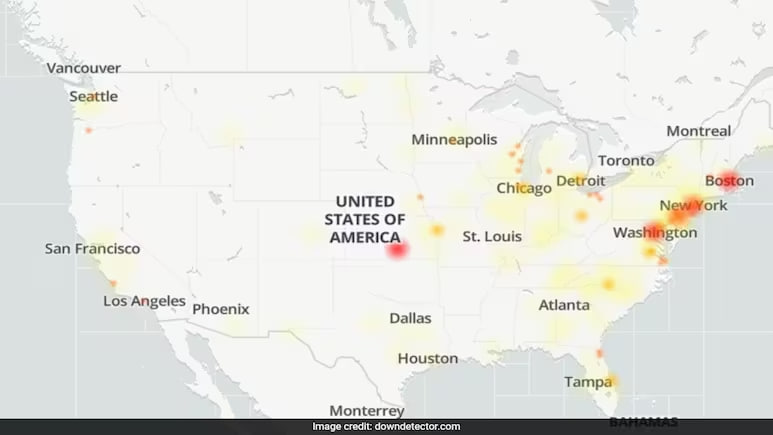In recent years, Artificial Intelligence (AI) has surged in popularity, captivating the imagination of individuals and transforming industries worldwide. Among the myriad of AI applications, one standout example is ChatGPT, an advanced language model developed by OpenAI. But what exactly makes AI like ChatGPT so popular, and what broader implications does this popularity hold for the future of technology and society?
Understanding the Appeal of ChatGPT
ChatGPT, based on the GPT (Generative Pre-trained Transformer) architecture, is renowned for its ability to engage in natural language conversations with remarkable fluency and coherence. It leverages vast amounts of text data to generate responses that are contextually relevant and often indistinguishable from human-generated text. This human-like interaction has captured the interest of users across various domains, from casual conversation to customer support and creative writing.
One of the key reasons behind ChatGPT’s popularity is its accessibility. Unlike earlier AI systems that required specialized knowledge to operate, ChatGPT can be interacted with through simple text input, making it approachable for individuals with diverse backgrounds and skill levels. This accessibility has democratized AI, enabling anyone with an internet connection to experience the capabilities of advanced natural language processing technology.
Moreover, ChatGPT’s versatility contributes to its widespread adoption. It can be integrated into various applications and platforms, ranging from messaging apps and social media platforms to productivity tools and virtual assistants. This adaptability has fueled its popularity among developers and businesses seeking to enhance user experiences and streamline communication processes.
Implications for Technology and Society
The popularity of AI like ChatGPT extends beyond its novelty factor; it signifies a broader societal shift towards embracing intelligent technologies. As AI becomes increasingly integrated into everyday life, it has the potential to reshape how we communicate, work, and interact with technology.
Enhanced Communication: AI-driven conversational agents like ChatGPT have the potential to revolutionize communication channels, enabling more natural and personalized interactions between humans and machines. This can lead to improved customer service experiences, personalized recommendations, and innovative modes of expression.
Automation and Efficiency: Beyond conversation, AI technologies are being deployed across various sectors to automate repetitive tasks, optimize processes, and enhance efficiency. ChatGPT’s ability to understand and generate text opens up opportunities for automating content creation, data analysis, and information retrieval, freeing up human resources for more strategic endeavors.
Ethical Considerations: However, the widespread adoption of AI also raises ethical considerations regarding privacy, bias, and accountability. As AI systems like ChatGPT continue to evolve and exert influence over decision-making processes, it’s essential to address issues related to data privacy, algorithmic transparency, and fairness to ensure that these technologies benefit society as a whole.
Looking Ahead
The popularity of AI like ChatGPT serves as a testament to the growing interest and acceptance of intelligent technologies in society. As researchers and developers continue to push the boundaries of AI capabilities, we can expect further innovations that blur the line between human and machine intelligence.
Looking ahead, it’s crucial to approach the development and deployment of AI with careful consideration for its societal impact and ethical implications. By fostering collaboration between technologists, policymakers, and stakeholders, we can harness the potential of AI to drive positive change and create a more inclusive and equitable future.
In conclusion, AI technologies like ChatGPT have captured the imagination of people worldwide, offering a glimpse into a future where humans and machines collaborate seamlessly. As we navigate this evolving landscape, it’s essential to embrace the opportunities that AI presents while remaining vigilant to ensure that its benefits are realized responsibly and ethically.






